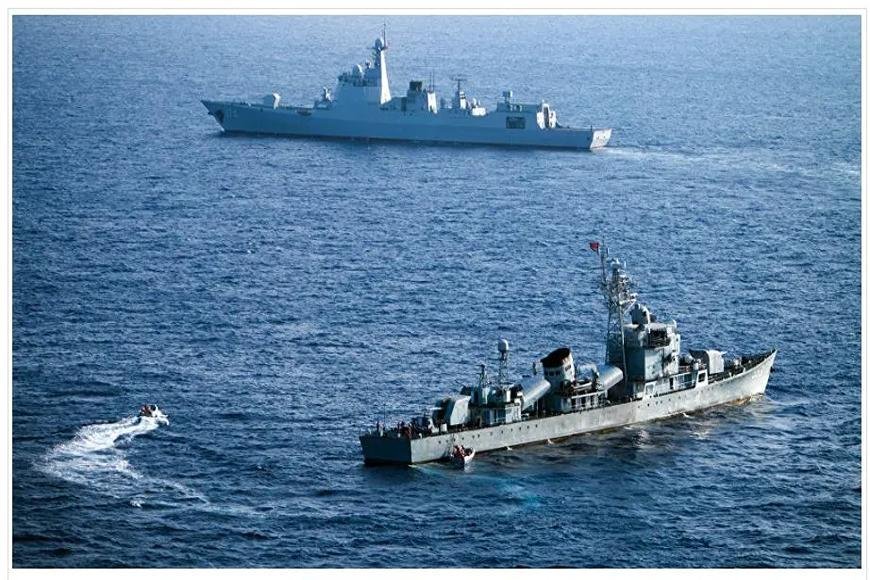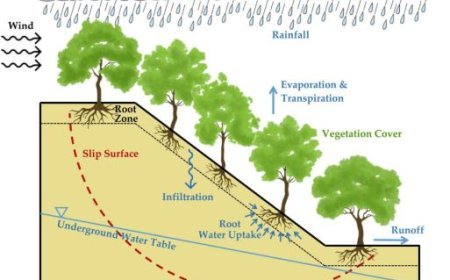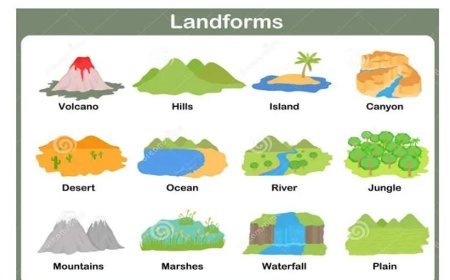GENESIS LAW OF THE SEA
The Law of the Sea governs rights & duties in maritime zones (territorial seas, exclusive economic zones, etc.).

The Law of the Sea
- The Law of the Sea is a set of international treaties and agreements that govern all maritime and marine activities.
- It promotes a harmonious interaction between the water and the coastal states.
- It handles all marine commercial operations, maintains navigation regulations, and defends the sea from controlling powers as one of the fundamental themes of international law.
- It governs the geographical operations of several coastal states and aids in the conservation of the aquatic environment.
- The Law of the Sea is related to the Law of the Sea Convention, which is a UN-based international treaty.
- 117 states signed it in 1982, and it became a law in 1994.
Genesis of the Law
- Hugo Grotius, renowned as the "Father of International Law," was instrumental in developing marine law doctrines. There existed a theory known as "freedom of the seas" in the 17th century.
- The sea is available to all states under this rule, although the sea or ocean does not belong to any circumstance. The sea law is continually evolving.
- Previously, there was a disagreement between "the free sea" and "the open sea."
- Because of technological advancements, numerous states developed jurisdictional claims to utilize, conserve, and protect the sea during the twentieth century.
- The United Nations ratified the legislation in 1982, which had 320 articles, nine annexes, and four resolutions.
- It broadened the scope of sea-related issues.
- It increased the territorial sea to 12 nautical miles.
- It provides nations with jurisdictional resolution when necessary, and it explains the founding of the International Tribunal for the Law of the Sea to handle its disputes.
What's Your Reaction?


































